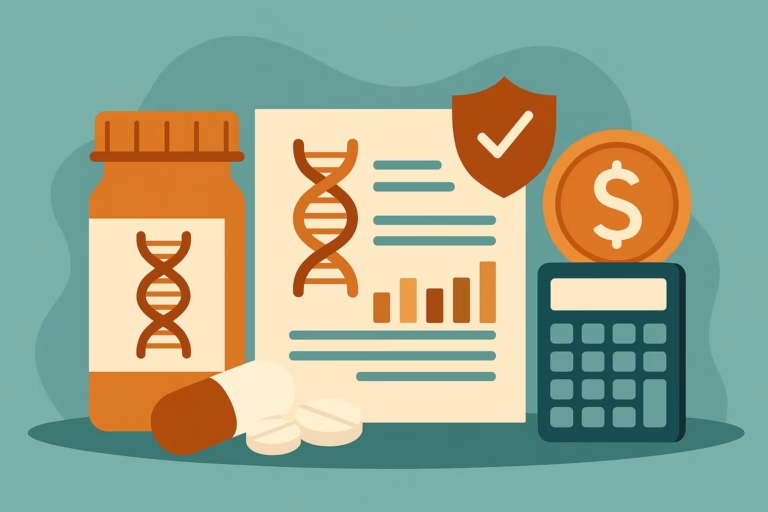PGxAI just launched Betelgeuse, a real-time AI model that promises to fine-tune treatments while patients are still in therapy. It learns from what’s actually happening in the clinic, not just from historical data or guidelines. For those in the industry, this sounds like a breakthrough. But here’s the uncomfortable truth: models like Betelgeuse need a healthcare system that can keep up, and right now, we don’t have one.
The science behind Betelgeuse is impressive. It can process genetic data, clinical outcomes, and safety profiles in near real time. It helps identify when a treatment is veering off course and suggests changes while there’s still time to act. That’s the kind of support clinicians say they want. But then they open their EHR, click through 12 different tabs, and manually update dosing schedules with no connection to decision-support tools like this one.
The Future of Pharmacogenomics: Understanding Betelgeuse
The problem isn’t the model. The problem is the surrounding infrastructure. Most hospitals still lack unified systems that make real-time data actionable. Regulations are stuck in a loop that assumes clinical software is static and predictable. And also, reimbursement policies still reward volume over outcomes.
On the flip side, Betelgeuse assumes collaboration, speed, and trust between systems and humans. In other words, it was built for a healthcare future we keep talking about, but haven’t committed to building.
PGxAI’s full suite, from Sirius to Deneb, is already ahead of most institutional workflows. Sirius flags risks at the genetic level, more like the first step in the triage. Vega interprets global PGx guidelines on demand while Deneb optimizes trials before they begin. Betelgeuse closes the loop by offering real-time course correction. It’s the first real attempt to turn pharmacogenomics into an active, responsive tool and not just a diagnostic report that gathers dust in a patient file.
But how do you plug that into a system still allergic to change?
That right there is the bigger question. Lets not stop at applauding announcements like Betelgeuse but instead go ahead to redesign clinical pathways, reimbursement models, and regulatory frameworks that let this kind of AI actually do what it’s capable of. If not, we’re just building Formula 1 engines and handing them off to horse-drawn carriages.
Betelgeuse shows us what’s possible when AI is used to make medicine responsive instead of reactive. But until the rest of the system evolves with it, we risk treating innovation as a press release rather than a platform for real change.
For more articles, go here.
#APGxA #Pharmacogenomics #Betelgeuse #PGxAI #HealthcareAI





